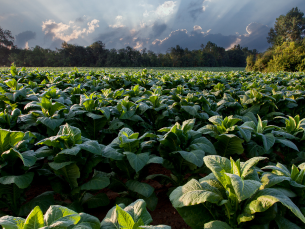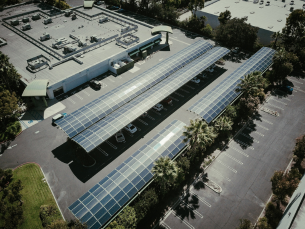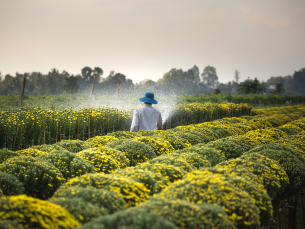The relationship between Homo and Nature begins with the search for food. As, on the other hand, does all living things (animals and plants). But a tree feeds on the sufficient minerals in the soil, a lion preys only on what it needs, as does the shark. Homo is the only living thing that fails to provide food security and healthy nutrition for a growing global population (while about 14 percent of the food produced is lost between the harvest stage and retail sale, and 17 percent of global food production is wasted). Globalization constantly requires the drafting of internationally valid rules, both for food quality and for farming and breeding methods.
This is compounded by pressures on habitats (from indiscriminate logging to the use of fossil fuel cars and the production of huge amounts of waste) and the atmosphere (agriculture is responsible for 21 percent of all anthropogenic greenhouse gas emissions, while deforestation accounts for an additional 11 percent). Conserving natural resources, cultivating by combining historical knowledge with new technologies, not wasting the energy contained in biomass, knowing the regulations governing food production processes, reducing the production and hazardousness of waste: it is in these areas that the course provides scientific notions and detailed information that enable students to understand and address these challenges, with the tools that the science of sustainability can bring to bear to fairly meet the social, economic and environmental aspects of every Homo intervention.
This course offers a pathway to first degree and professional courses in agriculture, agri-food, sustainability programmes, science and natural sciences.
The Foundation Diploma holders are granted direct automatic entry to the Bachelor Degree programmes awarded by CIRPS Member Universities.
Course Features
- Lectures 0
- Quizzes 0
- Duration 12 Months
- Skill level Beginner
- Language English
- Students 5
- Assessments Yes






